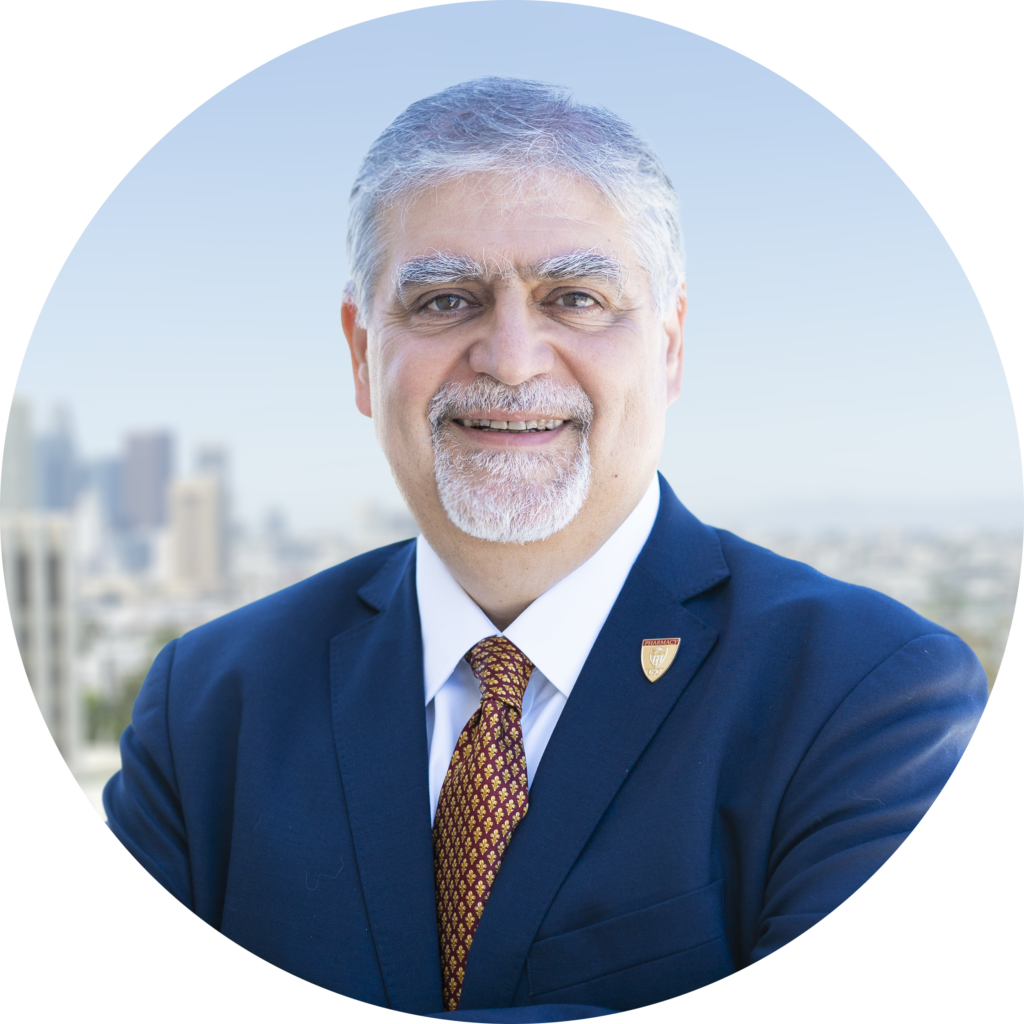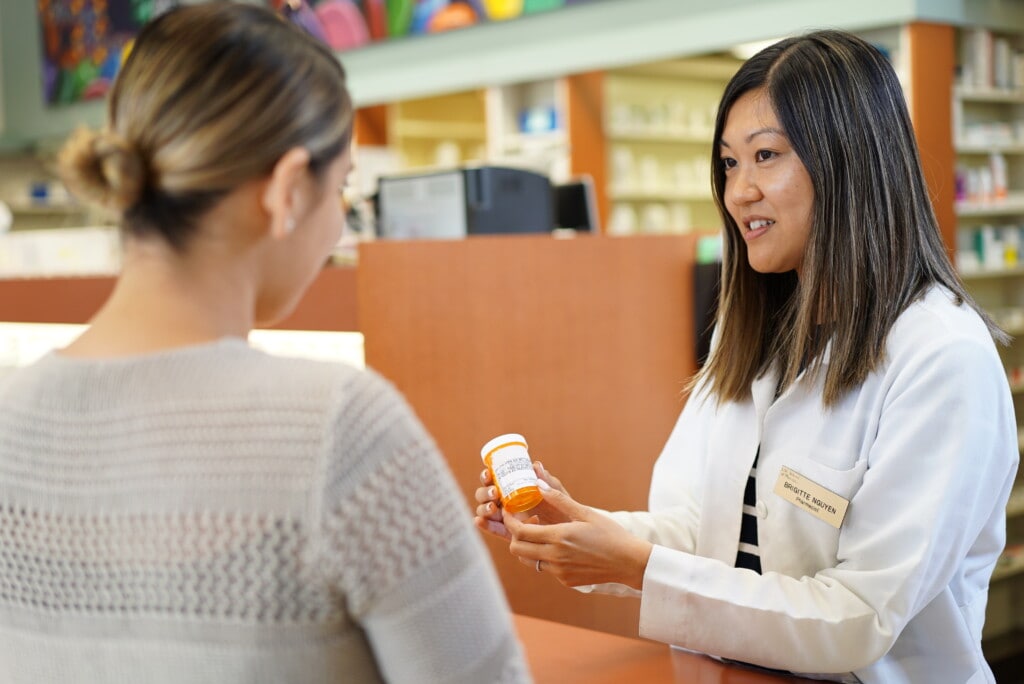
This article was originally published in Marketwatch on June 15.
Prevention measures against COVID-19—masks, shutdowns, social distancing—are running out of steam. As we enter the summer and fall seasons, COVID transmission and infections rates seem to be going back up. Vaccines are still playing a major role, but if we ever hope to drive COVID hospitalization and death rates down to lower levels, we need to accelerate access to therapies which neutralize the virus once we contract it.
As the dean of the USC School of Pharmacy, I see a stockpile of very effective anti-viral medications building up on the shelves. Patients aren’t getting them because not enough prescriptions are being written. The answer is to let pharmacists join physicians and other health professionals in prescribing the COVID pills.
The FDA granted Emergency Use Authorization to two oral medications in December: Paxlovid by Pfizer and Lagevrio by Merck. Paxlovid’s clinical trial showed an 89% reduction in the risk of hospitalization and death and is generally preferred over the Merck pill, which some studies showed reduced the risk by only 30%. Pfizer also says new studies show that Paxlovid is effective against the omicron variant. Most people who take it are not likely to experience serious side effects.
Paxlovid was hard to find earlier in the year, but no longer. Pfizer said it will produce 120 million courses by the end of the year. Supply and distribution is widespread, including most of the pharmacies in the country.
The complication occurs when you try to get a prescription.
The FDA has restricted prescriptions to a limited set of authorized providers, including physicians, advanced practice registered nurses and physician assistants, and they are being bombarded with requests. They must confirm that the person had a positive COVID-19 test result, be at high risk of advancing to a severe stage, be symptomatic, and not be taking medications that could interact adversely with Paxlovid.
All of these requirements are best met by an in-person appointment, although tele-health visits can work in some cases. Either way, time is of the essence. The therapy needs to start within five days of developing symptoms to prevent the virus from turning into a truly serious case.
Recognizing the time crunch that could occur, the government set up 2,200 test-to-treat sites where people showing symptoms could get tested and receive the drug right away if the result was positive.
But 66,000 additional sites could be doing the same thing if the FDA would allow pharmacists to write Paxlovid prescriptions.
Pharmacists are already on the front lines of the fight against COVID. They have been administering tests since early in the pandemic and have dispensed over 80% of the COVID vaccines in the U.S. They know their customers’ medication histories. They often help determine risk for life-threatening conditions such as heart attack, stroke, and asthma attack, and initiating or adjusting treatment accordingly. They have been trusted with similar duties in previous public health crises, such as independently initiating and furnishing flu treatment, HIV prophylaxis, CDC-recommended immunizations and medications for opioid overdose.
Health officials in Québec granted Paxlovid prescribing authority to pharmacists on April 1. A news report said 513 prescriptions were filled in the two weeks prior to the authorization. During the first 18 days of April, more than 3,000 Paxlovid prescriptions were filled, two-thirds of them written by pharmacists.
U.S. physician groups traditionally guard prescription authority. But COVID remains a national emergency. Pharmacists are the medication experts and are in the best position to evaluate drug-to-drug interactions that are a key step to dispensing these COVID pills.
If the FDA opens the door, state boards of pharmacies would likely follow quickly with approvals. U.S. pharmacists could then get trained and start making an immediate impact on COVID illnesses. Contracting the virus will never be pleasant, but if we can include our local pharmacists, we don’t have to be part of a new wave of hospitalizations and deaths this fall.
Vassilios Papadopoulos, DPharm, Ph.D., is the dean of the School of Pharmacy at the University of Southern California.
This article was originally published in Marketwatch on June 15.


